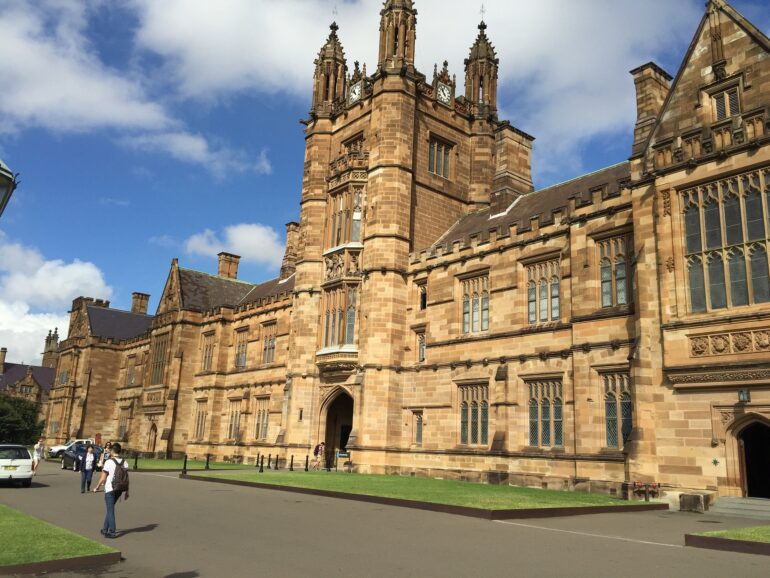TL;DR:
- Universities acknowledge the challenges posed by AI-driven cheating in assessments.
- Bans on AI usage in education are deemed impractical and ineffective.
- Institutions shift towards innovative teaching and assessment methods.
- Generative AI is incorporated into various aspects of the learning process.
- Concerns about AI misconduct in research and assessments persist.
- Continuous development of new assessment techniques is essential to ensure effective learning.
- The future of education lies in embracing generative AI for a transformative learning experience.
Main AI News:
In recent times, universities have found themselves grappling with the increasing popularity of generative AI, a technology capable of generating fresh content based on vast databases of information. While many institutions have reported instances of students using AI to cheat assessments, a shift in perspective is underway. Rather than attempting to ban or detect AI usage, universities are recognizing the need for innovative teaching and assessment methods to embrace the AI revolution.
A Senate inquiry into the use of generative AI in education has seen various universities express their views. One notable stance is that of Monash University in Melbourne, which suggests “decriminalizing” AI and moving away from outright bans. According to Monash’s submission, attempting to detect AI-generated content is a formidable challenge. Humans have proven unreliable in detecting AI-generated material, and AI detection tools themselves suffer from opacity and inconsistency in testing and reporting their accuracy, leading to a multitude of false positives and negatives.
Even the introduction of regulations to require AI tools to include detectable “watermarks” appears insufficient, as other generative AI technologies could potentially strip out these markers. As a result, the nation’s leading universities under the Group of Eight (Go8) umbrella, including Monash, advocate a transformative approach to education. They propose adopting more oral or supervised exams, practical assessments, and the use of portfolios to evaluate students effectively.
In this changing landscape, the prevailing sentiment is that entirely prohibiting the use of generative AI in higher education is both unfeasible and undesirable. The Go8 emphasizes that generative AI tools are rapidly evolving and are destined to play pivotal roles in future workplaces and daily life.
Despite the potential benefits of generative AI, concerns about AI misconduct persist. The National Tertiary Education Union (NTEU) raises doubts about universities’ ability to manage AI misconduct in both assessments and research. AI applications may outpace existing research integrity processes, leading to delayed or missed detection of problems and irregularities, with significant repercussions.
In response to the ubiquity of generative AI across various university functions, institutions have begun implementing AI-driven solutions throughout the learning process. Monash University has experimented with “personalized course advisers” to assist students in navigating their degrees and AI-powered mock job interviews for real positions. Additionally, simulated customers or clients provide learners with valuable experiences.
As generative AI continues its pervasive influence on education, universities must ensure that they do not compromise the quality of learning provided. The tertiary education union warns that without continuous development of new assessment methods, universities risk failing to guarantee that the required learning has occurred. It further cautions against AI fostering laziness and a lack of independent thought, prompting educators to reconsider their approach to teaching and evaluation.
Conclusion:
The rise of generative AI presents a significant shift in the education landscape for universities. As institutions move away from attempts to block AI usage, they are recognizing the need to adapt their teaching and assessment methods. Embracing generative AI can foster innovation in education, preparing students for a future where AI will play a central role in workplaces and daily life. However, addressing concerns surrounding AI misconduct and ensuring the quality of learning remain challenges that require ongoing attention. The integration of generative AI into education represents an opportunity for universities to stay at the forefront of the market and equip students with the skills they need to thrive in an AI-driven world.

